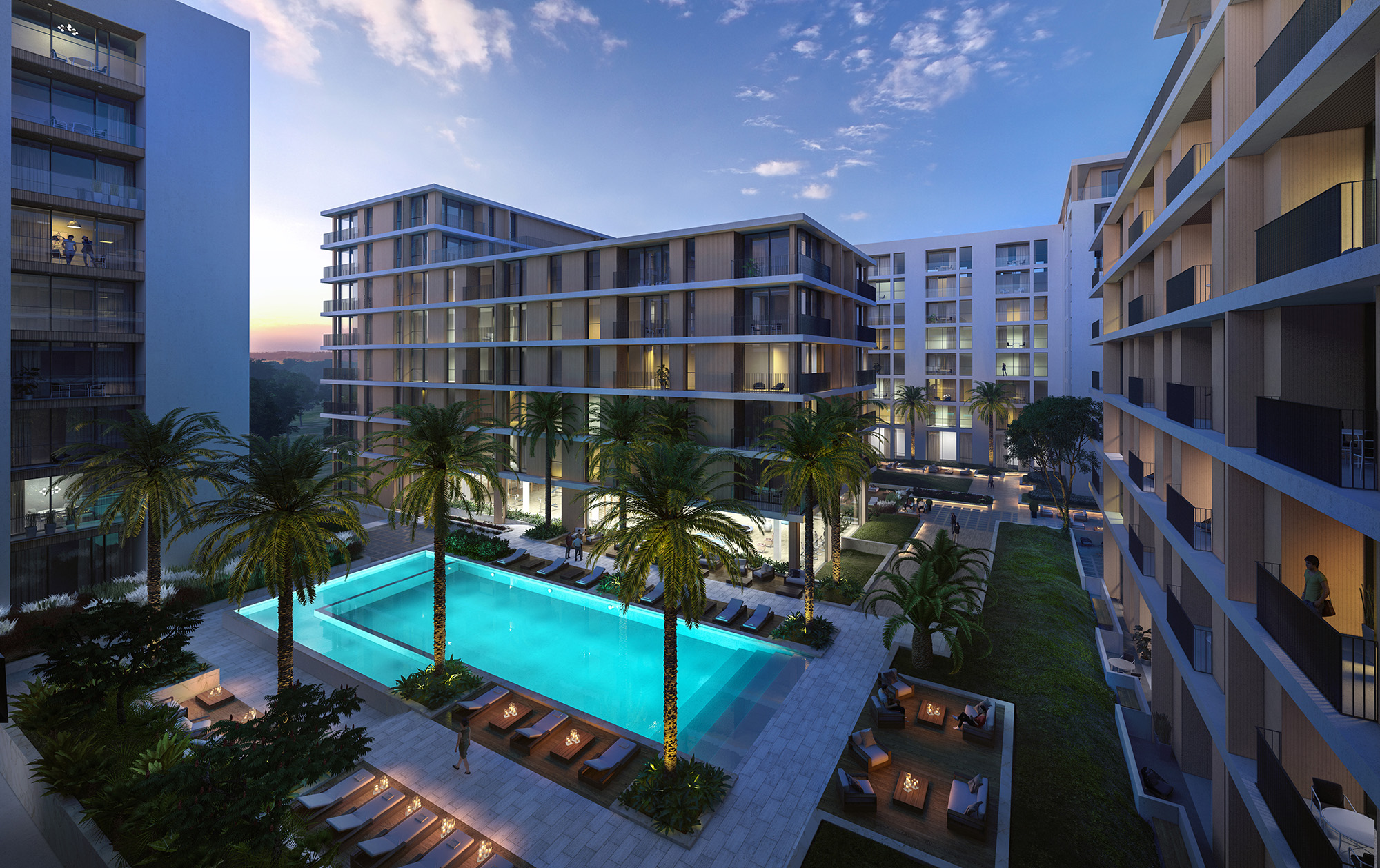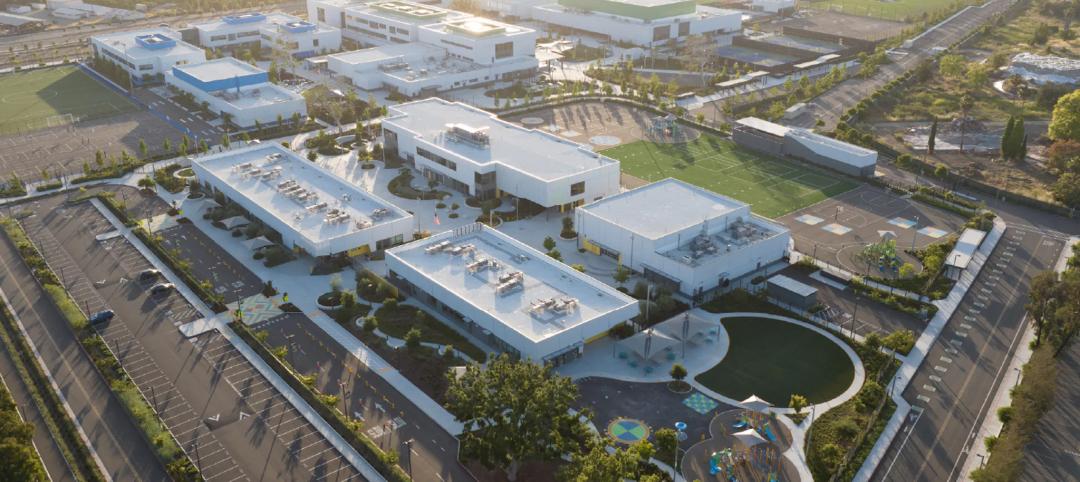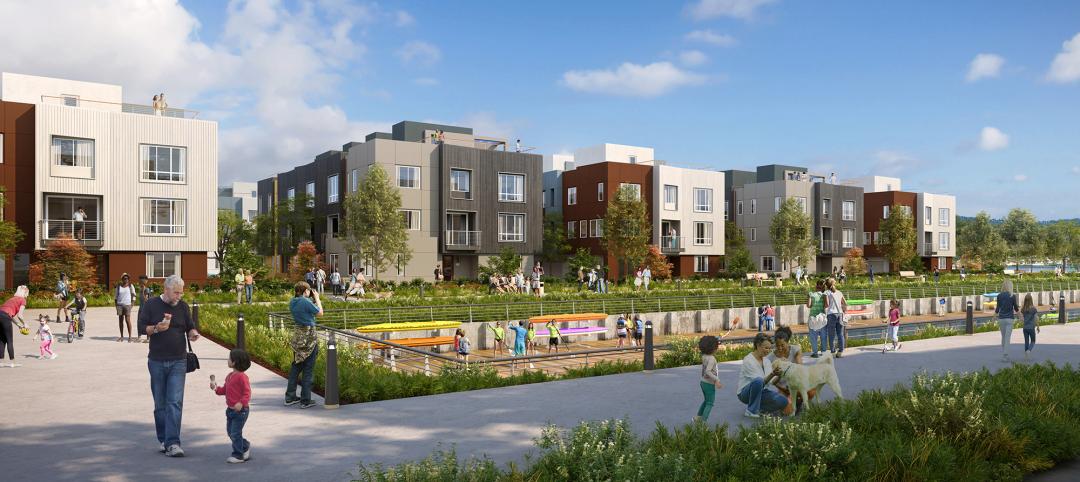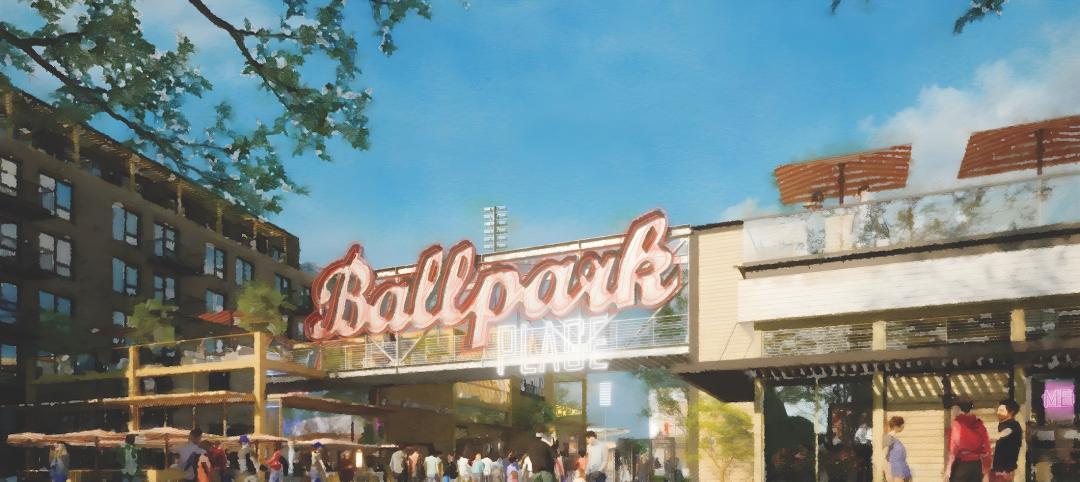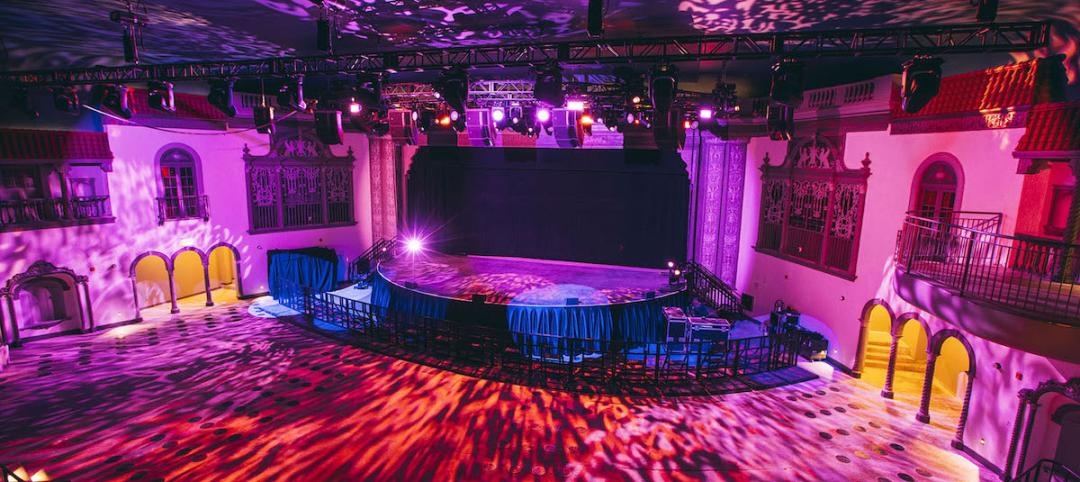For the first time ever, hotel to apartment conversion projects have overtaken office-to-residential conversions. In 2023, hotels accounted for over one-third of all adaptive reuse projects in the U.S. with over 4,500 units delivered.
In its analysis of Yardi Matrix data, RentCafe finds that of the buildings converted in 2023, hotels comprised 36% of the total—the largest share among the group. Office buildings made up 28% of adaptive reuse projects, followed by factories (15%), warehouses (9%), and others (12%).
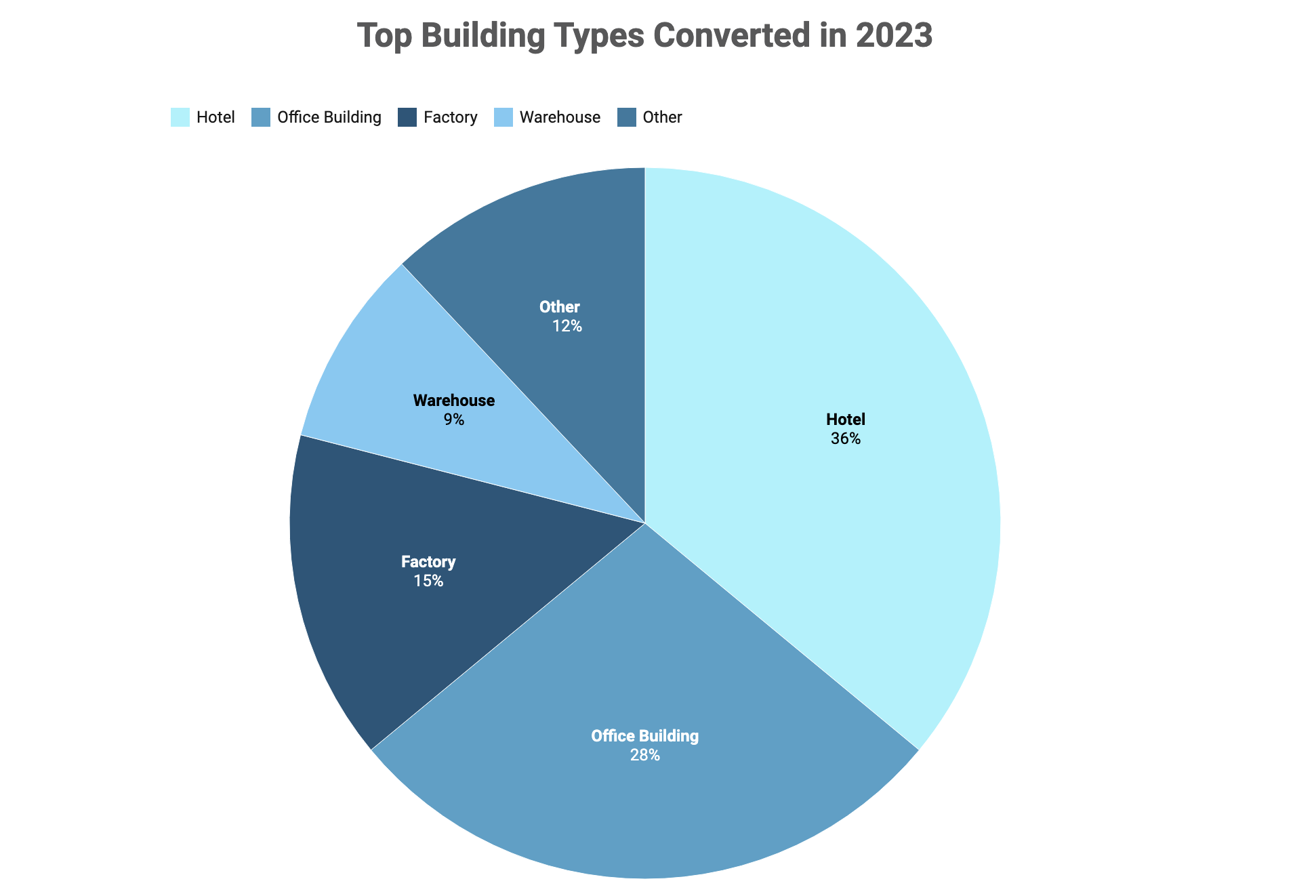
The adaptive reuse scene is poised for even further growth as 151,000 apartments are currently in various stages of conversion, according to the RentCafe analysis.
"The adaptive reuse market does show a bifurcation between high-end and low-end markets,” says Doug Ressler, Senior Analyst & Manager of Business Intelligence, Yardi Matrix. “This is particularly evident in the commercial real estate sector, where a sizable portion of office vacancies are found in older buildings with reduced functionality and lack of modern amenities.”
Overall, over 12,700 new apartments were converted in 2023—a substantial 17.6% increase from the previous year. Hotels made up 4,556 of those units.
Are Hotels More Equipped for Residential Adaptive Reuse Conversion?
Most of the hotel to apartment conversions come from Class B hotels. Though not without its challenges, hotel-to-residential projects can be completed faster and at a lower cost than office building conversions. This is due in part to already existing floor plans, water systems, and waste lines that are relatively easier to modify.
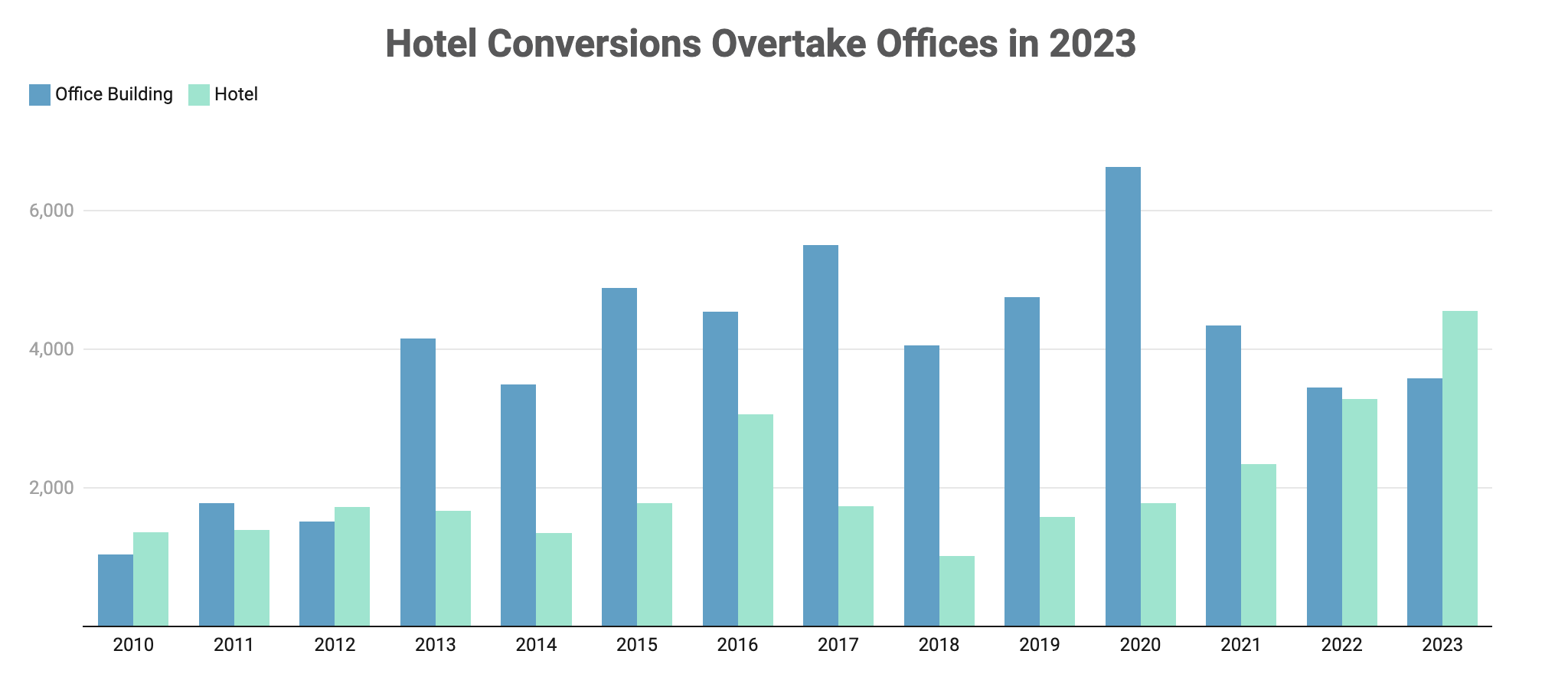
Thought while some underutilized hotels are located in city centers, other potential conversion candidates are in “less desirable locations next to airports or off major highways far from residential communities—factors that can suppress the value and appeal of residential conversions,” said Chris Walker, Planning and Community Development Project Manager, Aufgang Architects.
These issues can be of less concern in converting hotels to affordable or supportive housing rather than market rate, according to Aufgang.
RELATED: Hotel vs. office: Different challenges in commercial to residential conversions
Top Metros for Hotel To Apartment Conversion
Manhattan, N.Y., has become a hotspot for hotel conversion projects. All of its 733 converted units in 2023 came from repurposing hotels. Manhattan now holds nearly 6% of all converted apartments in the U.S., according to RentCafe.
Top 10 Metros with Most Converted Apartments from Hotels in 2023
- Manhattan, N.Y., converted 733 apartments in 2023.
- Albuquerque, N.M., converted 300 apartments.
- Richmond Va., converted 291 apartments.
- Hialeah, Fla., converted 251 apartments.
- Overland Park, Kan., converted 220 apartments.
- Sterling Heights, Mich., converted 213 apartments.
- Richland, Wash., converted 207 apartments.
- Las Vegas, Nev., converted 199 apartments.
- Salt Lake City, Utah, converted 184 apartments.
- Ruskin, Fla., converted 158 apartments.
Related Stories
K-12 Schools | May 13, 2024
S.M.A.R.T. campus combines 3 schools on one site
From the start of the design process for Santa Clara Unified School District’s new preK-12 campus, discussions moved beyond brick-and-mortar to focus on envisioning the future of education in Silicon Valley.
MFPRO+ Special Reports | May 6, 2024
Top 10 trends in affordable housing
Among affordable housing developers today, there’s one commonality tying projects together: uncertainty. AEC firms share their latest insights and philosophies on the future of affordable housing in BD+C's 2023 Multifamily Annual Report.
Retail Centers | May 3, 2024
Outside Las Vegas, two unused office buildings will be turned into an open-air retail development
In Henderson, Nev., a city roughly 15 miles southeast of Las Vegas, 100,000 sf of unused office space will be turned into an open-air retail development called The Cliff. The $30 million adaptive reuse development will convert the site’s two office buildings into a destination for retail stores, chef-driven restaurants, and community entertainment.
Adaptive Reuse | Apr 29, 2024
6 characteristics of a successful adaptive reuse conversion
In the continuous battle against housing shortages and the surplus of vacant buildings, developers are turning their attention to the viability of adaptive reuse for their properties.
Mixed-Use | Apr 13, 2024
Former industrial marina gets adaptive reuse treatment
At its core, adaptive reuse is an active reimagining of the built environment in ways that serve the communities who use it. Successful adaptive reuse uncovers the latent potential in a place and uses it to meet people’s present needs.
Mixed-Use | Apr 9, 2024
A surging master-planned community in Utah gets its own entertainment district
Since its construction began two decades ago, Daybreak, the 4,100-acre master-planned community in South Jordan, Utah, has been a catalyst and model for regional growth. The latest addition is a 200-acre mixed-use entertainment district that will serve as a walkable and bikeable neighborhood within the community, anchored by a minor-league baseball park and a cinema/entertainment complex.
Adaptive Reuse | Apr 5, 2024
McHugh Construction completes restoration of Chicago’s historic Ramova Theatre
Adaptive reuse project turns 1929 cinema into a live performance venue, adds a brewery and a taproom, and revives the Ramova Grill in Chicago’s Bridgeport neighborhood.
Adaptive Reuse | Mar 30, 2024
Hotel vs. office: Different challenges in commercial to residential conversions
In the midst of a national housing shortage, developers are examining the viability of commercial to residential conversions as a solution to both problems.
Cultural Facilities | Mar 26, 2024
Renovation restores century-old Brooklyn Paramount Theater to its original use
The renovation of the iconic Brooklyn Paramount Theater restored the building to its original purpose as a movie theater and music performance venue. Long Island University had acquired the venue in the 1960s and repurposed it as the school’s basketball court.
Adaptive Reuse | Mar 26, 2024
Adaptive Reuse Scorecard released to help developers assess project viability
Lamar Johnson Collaborative announced the debut of the firm’s Adaptive Reuse Scorecard, a proprietary methodology to quickly analyze the viability of converting buildings to other uses.



